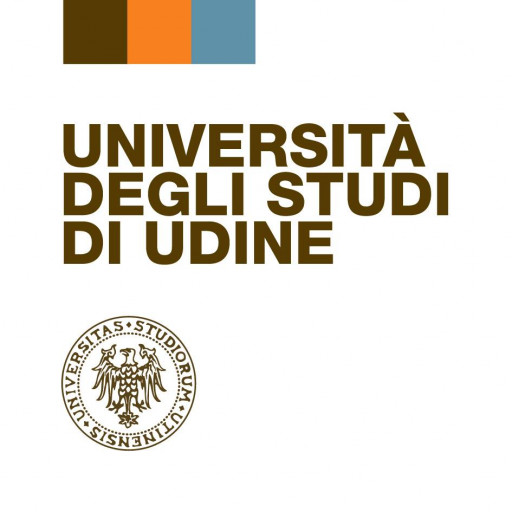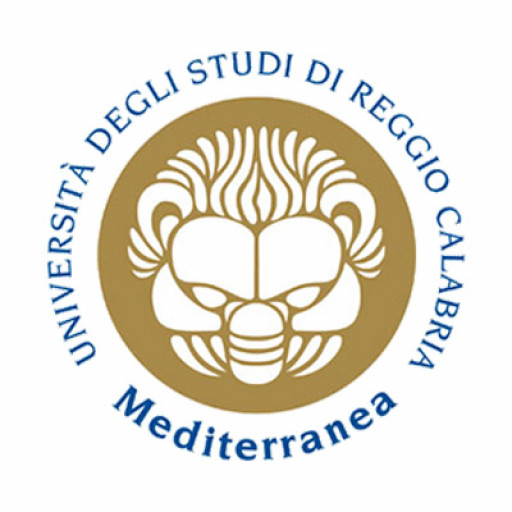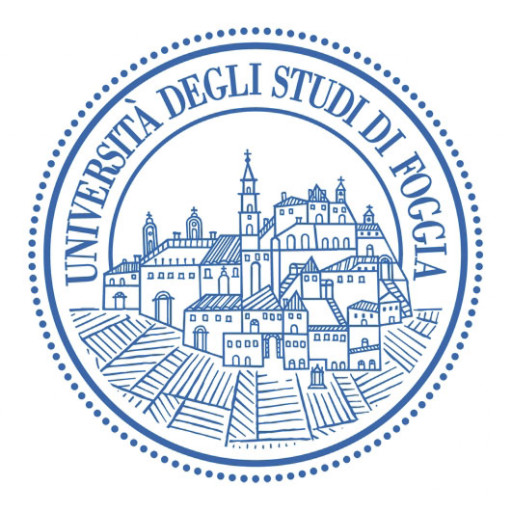Photos of university / #cambridgeuniversity
The Master of Philosophy (MPhil) in Nanoscience and Nanotechnology at the University of Cambridge offers a comprehensive and in-depth exploration of the fundamental principles, cutting-edge research, and technological applications of nanoscience. This postgraduate program is designed for students who are passionate about understanding and manipulating matter at the atomic and molecular scales, aiming to develop innovative solutions across a wide range of fields including medicine, electronics, energy, and materials science.
Throughout the course, students engage with advanced topics such as nanoscale materials, quantum effects, nano-fabrication, characterization techniques, and surface phenomena. The program combines rigorous lectures, seminars, and laboratory work, enabling students to gain both theoretical knowledge and practical skills essential for research and development in nanotechnology. The curriculum emphasizes interdisciplinary learning, drawing upon expertise from physics, chemistry, engineering, and materials science, reflecting the multifaceted nature of nanoscience.
Research plays a central role in the MPhil program, with students undertaking an original research project under the supervision of leading academics. This hands-on experience allows students to contribute to pioneering research initiatives that can have a significant impact on technology and industry. The program also provides opportunities for collaboration with industry partners and participation in national and international research networks, preparing graduates for careers in academia, industrial research, or entrepreneurship.
The teaching environment at Cambridge facilitates close interaction between students and faculty, fostering a vibrant academic community dedicated to innovation and discovery. Students are encouraged to develop critical thinking, problem-solving abilities, and independent research skills, all of which are essential for a successful career in nanoscience. With access to state-of-the-art laboratories and multidisciplinary resources, graduates of this program are well-equipped to become leaders in the rapidly evolving field of nanotechnology.
Overall, the MPhil in Nanoscience and Nanotechnology at the University of Cambridge provides a challenging and enriching educational experience, combining theoretical foundations with practical applications, and preparing students to contribute to the advancement of science and industry on a global scale.
In the MRes year, students will undertake:
- core courses in collaboration with the existing MPhil in Micro & Nanotechnology Enterprise (MNTE) (two unseen written examination papers);
- practicals (around 30, hands-on in small groups) to learn additional skills in disciplines outside their 1st degree, directly making and characterising nanomaterials and devices. Assessed based on attendance and combined supervisor’s partial marks;
- Enterprise components delivered through the Maxwell Centre, which includes a business project with a Nano-related company or a venture capital firm interested in Nano;
- 2x 2-month and 1x 3-month interdisciplinary mini-/midi-projects to broaden students’ experience and peer networks, and aid final PhD project selection. Assessed as a portfolio of project reports;
- Science Communication courses (in business, media and research) and other transferrable skills training;
- development of a collaborative, interdisciplinary PhD project proposal, to be defended in the oral examination;
- workshops, seminars and meetings.
| One to one supervision |
MRes: all students are assigned the Course Director as Principal Supervisor in their first year, who will oversee the allocation of supervision for individual students’ projects. PhD: In years 2-4, the supervisory team consists of the Principal Supervisor (normally referred to as the Supervisor) and an Adviser. The Supervisor is the main person appointed to oversee and help with a student's programme of study in the specific subject area of their doctoral research and an Adviser is appointed to act as a second point of contact for academic advice. The University of Cambridge publishes an annual Code of Practice which sets out the University’s expectations regarding supervision.
|
|---|---|
| Seminars & classes |
MRes: 60 hours per year |
| Lectures |
MRes: 7 x 16 hour courses (over the Michaelmas and Lent Terms) |
| Practicals |
MRes: 30 x 3 hours in the Michaelmas Term |
| Small group teaching |
MRes: Provided as necessary |
| Journal clubs |
MRes: 1 per week in Michaelmas and Lent Terms |
| Literature_reviews |
One each for PhD proposal, Midi Project and two mini projects |
| Posters |
1 poster and minimum of 4 presentations |
Placements
Opportunities for industrial mentorships and internships in a variety of nano-related partner companies.
Feedback
MRes: Students receive feedback from the Teaching Fellow on all their mini and midi project reports and presentations, and from their lecturers / course leaders on other courses during their first year. Students also receive extensive support and feedback in preparation of their PhD proposals – this comes from their potential supervisors, academics on the CDT management committee, an external advisory board which evaluates preliminary PhD proposals, and also other CDT students working in related research areas. Students have the opportunity to provide feedback on any aspect of the course informally to the Teaching Fellow, and more formally via the students representatives on the CDT Management Committee. We also regularly collect student feedback on different aspects of the course to evaluate the effectiveness of those elements.
PhD: In years 2-4, Supervisors report termly on the progress of their students and these reports are available to the student.
Graduate students are represented on the Department's Graduate Student Consultative Committee, which normally meets five times a year, and consists of one or more student representatives from each of the research groups. The Committee exists to enable discussion of any issue affecting graduate students and students may approach any member of the Committee to suggest items for discussion.
Assessment
Thesis
The examination for the MRes degree shall include a portfolio of research reports on two Mini projects (up to 3,000 words each), one Midi project (up to 10,000 words) and a PhD proposal of not more than 20,000 words in total, exclusive of tables, footnotes, bibliography, and appendices.
The final PhD assessment will be of a submitted thesis not exceeding 60,000 words and subsequent viva voce examination.
Essays
The examination for the MRes degree shall include course-work (which may include written work, group work, and class participation).
Written examination
The examination for the MRes degree shall include two unseen written examination papers, which may cover the core topics prescribed in the syllabus; NB: these exam papers are shared with the MPhil in Micro- and Nanotechnology Enterprise.
Practical assessment
The examination for the MRes degree shall include attendance and pass mark on 85% of the practical sessions.
Other
The end examination for the MRes degree shall include an oral examination on the work submitted by the candidate, including a PhD project proposal, and on the general field of knowledge within which such work falls.
- Magistr (Master's Degree) at Pass level. Diploma Specialista (completed post-1991) with a minimum overall grade of good or 4/5 Bachelor's from Moscow Institute of Physics and Technology and other prestigious institutions with an overall grade of 4/5 Bologna Bachelor's from other institutions with an overall grade of 5/5, Excellent
- Diploma Specialista (completed post-1991) with a minimum overall grade of Excellent or 5/5 Bachelor's from Moscow Institute of Physics and Technology and other prestigious institutions with an overall grade of 5/5
- IELTS (Academic) 7.0
- TOEFL Internet Score 100
- £50 application fee
- First Academic Reference
- Second Academic Reference
- Transcript
- Personal Reference
The Nanoscience and Nanotechnology program at the University of Cambridge offers a range of financing options to support students throughout their studies. Funding sources include a variety of scholarships, studentships, and financial aid schemes designed to reduce the financial burden on students and make high-quality education accessible. Many of these funding opportunities are competitive and require separate applications, often with specific eligibility criteria relating to academic achievement, nationality, or research interests. For UK residents, the University provides access to government-supported loans and bursaries, as well as internal scholarships based on merit or need. International students are encouraged to explore external funding options, including scholarships offered by their home countries, industry sponsorships, and private foundations that support study at Cambridge. Additionally, the University occasionally offers departmental funding, which can cover tuition fees partially or in full, depending on the specific scholarship. Some scholarships are specifically targeted at students pursuing nanoscience and nanotechnology disciplines, recognizing their importance in advancing scientific research and technological innovation. Students are advised to consult the University’s official funding and scholarships webpage for detailed and current information, as application deadlines and eligibility criteria can vary from year to year. Furthermore, some programs provide opportunities for research or teaching assistantships, where students can work on relevant projects, gaining valuable experience while earning a salary. Financial support is typically awarded based on academic merit, research potential, or financial need, and applicants are encouraged to prepare strong applications to secure the available funding. Overall, Cambridge’s commitment to supporting its students ensures that financing options are available to help talented individuals pursue their studies without undue financial hardship, fostering the development of advancements in the nanosciences field.
The MSc in Nanoscience and Nanotechnology at the University of Cambridge offers students an in-depth understanding of the fundamental principles and transformative applications of nanoscience. This interdisciplinary program combines the principles of physics, chemistry, biology, and engineering to explore the manipulation of matter at the nanoscale, typically ranging from 1 to 100 nanometers. Students gain hands-on experience through laboratory work, research projects, and collaborations with industry partners, preparing them for careers in research, development, or technology transfer within the rapidly expanding field of nanotechnology. The program covers a broad spectrum of topics such as nanoscale materials, nano-fabrication techniques, characterization methods, and the latest advances in applied nanosciences. It also emphasizes the development of critical skills in scientific analysis, problem-solving, and innovation, which are essential for advancing nanotechnology solutions to real-world challenges. The course design includes taught modules, seminars, and a significant research component, often culminating in a dissertation. Students are encouraged to engage with leading researchers and industry experts, enabling exposure to cutting-edge developments and networking opportunities. The Faculty of Physics and the Department of Chemistry collaborate closely on this program, reflecting its interdisciplinary nature. Graduates of this MSc are well-equipped to pursue further academic research, enter high-tech industries, or engage in entrepreneurial activities within the nanotechnology sector. The program’s facilities include state-of-the-art laboratories and research centers dedicated to nanoscale science and engineering. With a focus on innovation and practical application, the MSc in Nanoscience and Nanotechnology at Cambridge is designed to produce graduates capable of contributing to advancements in medicine, electronics, materials science, energy, and environmental applications through nanotechnological solutions.








